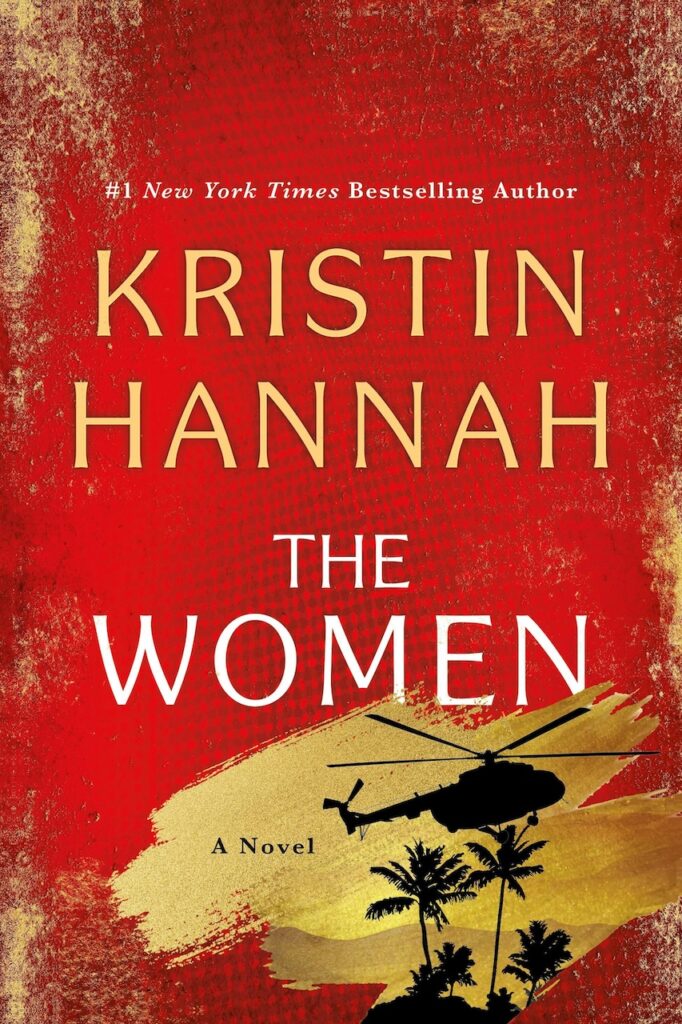“The Women: A Novel”
Kristin Hannah, St. Martin’s Press (2024)
480 pages, $30
The religious vocations posters that adorn the walls of church vestibules are filled with smiling priests, religious sisters piously praying the rosary while walking in the woods, and couples absolutely over the moon on their wedding day. Typically, the joy of a life spent for the Lord overshadows any sacrifices that may be required to be faithful to God’s plan for one’s life. And yet, every vocation has its own crosses associated with it, times of immense suffering that accompany growth and purification. In her latest book, “The Women,” Kristin Hannah tells the story of a woman who finds her life’s purpose — and suffers greatly because of it.
“The Women” follows Frances “Frankie” McGrath beginning in 1965 as she makes the decision to join her brother in the war in Vietnam as a nurse. She comes to form a bond with the doctors and nurses that she works with, as their shared traumatic experiences of the gore and death that come with war are unlike anything their friends and family back home are able to understand. In particular, Hannah’s novel focuses on the women who served in the war, for their bond goes beyond being war buddies to being a part of the small group of women seeing the results of the Tet Offensive.
In Vietnam, Frankie discovers her reason for living: to save the lives of those who have been injured in combat. She is quickly recruited to work in the operating room, despite her limited experience, and comes to find that she is a particularly gifted nurse.
While not a religious vocation, Frankie experiences a very real sense of vocation nevertheless — an unusual attraction to serve in a life-giving capacity, despite the very real dangers that are involved. She gets used to long hours and limited sleep as she hears the sounds of war at all hours of the day. She doesn’t see the blood on her uniform as a biohazard but as a trophy reminder of lives saved. And while others count down the days until their tour is over, Frankie signs up for another year of service.
When she returns back to the United States after her two years in Vietnam, Frankie does not find the hero’s welcome that she was expecting. Anti-war protestors meet her at the airport and call her names. She discovers that her father has been telling people that she was studying abroad in Florence during the two years when she was stitching soldiers’ wounds under mortar fire. When she attempts to get support from veterans’ services, she is told over and over that “women weren’t in Vietnam,” even though she has very real symptoms of post-traumatic stress disorder.
Despite her two years of experience as a military nurse, Frankie is unable to successfully find a position as a hospital nurse, as no one considers her time in Vietnam to be relevant to the American hospital setting. The rest of the novel unfolds as Frankie attempts to live out her vocation, the fulfillment of the calling that she experienced in Southeast Asia, in America, where her life continues to be impacted by the relationships and events that took place while she was serving her country.
“The Women” is a poignant testimony to the reality of a life lived according to God’s call — while it may be the most fulfilling path, it will inevitably be intermingled with the cross.
Following one’s God-given vocation will require true sacrifice and even suffering as men and women are formed to become more like Christ, united to him in his death in order to experience the glory of his Resurrection.

